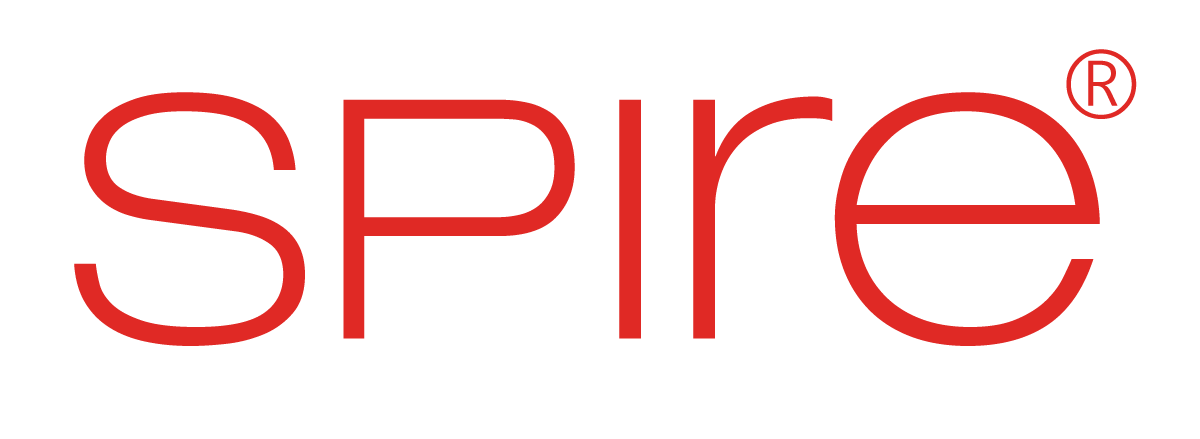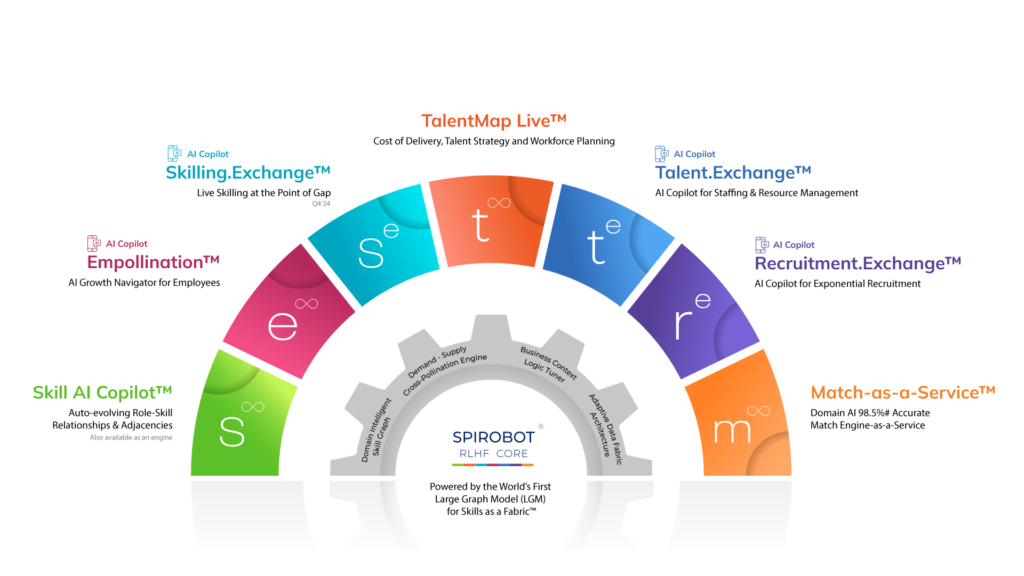The modern workforce is dynamic and ever-evolving. New skills emerge constantly, requiring organizations to adapt their talent management strategies to keep pace. This is where workforce intelligence (WI) comes in. WI leverages data analytics and artificial intelligence (AI) to gain deep insights into your workforce, empowering you to make data-driven decisions regarding talent acquisition, development, and retention.
What is Workforce Intelligence?
Workforce intelligence is the strategic use of data and AI to understand your workforce comprehensively. It involves collecting and analyzing employee data, such as skills, experience, performance, and engagement levels. By analyzing this data, WI helps organizations identify talent gaps, predict future workforce needs, and develop targeted strategies to attract, develop, and retain top talent.
Workforce intelligence is the strategic use of data and AI to understand your workforce comprehensively.
It involves collecting and analyzing employee data, such as skills, experience, performance, and engagement levels.
How Does Workforce Intelligence Work?
Workforce intelligence is a data-driven approach that leverages advanced analytics and AI to extract meaningful insights from employee data.
Here’s a simplified breakdown of the process:
- Data Collection: This involves gathering data from various sources, including HR systems, performance management tools, learning management systems, and employee surveys. Information about employee skills, experience, performance metrics, demographics, and job roles is typically collected.
- Data Analysis: Advanced analytics techniques, such as statistical modeling, machine learning, and data mining, are employed to uncover patterns, trends, and correlations within the data. This involves exploring employee performance, turnover rates, skill gaps, and workforce demographics.
- Insight Generation: The analyzed data is transformed into actionable insights. These insights can range from identifying high-potential employees to predicting future workforce needs, understanding employee engagement levels, and optimizing talent allocation.
Key technologies that power workforce intelligence include
- AI and Large Graph Models: Algorithms process vast amounts of data to identify patterns and make recommendations.
- Data Visualization: Tools create interactive dashboards and reports to present complex information in a user-friendly format.
- Predictive Analytics: Models forecast future trends based on historical data, enabling proactive planning.
- Prescriptive Analytics: AI suggests specific actions based on predicted outcomes.
By following these steps and leveraging the right technologies, organizations can harness the power of workforce intelligence to drive business success.
How AI Enhances Workforce Intelligence
AI is the catalyst that transforms raw workforce data into actionable insights. Beyond automating data collection and analysis, AI offers a multitude of ways to elevate workforce intelligence:
How AI Enhances Workforce Intelligence
– Large Graph Models (LGM)
– Prescriptive Analytics
– Augmented Decision-Making
– Continuous Learning and Adaptation
– Bias Mitigation
- Large Graph Models (LGM): LGMs can extract valuable information from unstructured data like employee feedback, social media, and performance reviews. This enables a deeper understanding of employee sentiment, proactively identifying emerging trends and potential issues.
- Prescriptive Analytics: Going beyond predictive analytics, AI can recommend specific actions based on identified patterns and trends. For example, if AI predicts a potential skill shortage in a particular area, it can suggest targeted training programs or recruitment strategies.
- Augmented Decision-Making: AI can support human decision-making by providing data-driven recommendations and insights. For instance, AI can help HR professionals identify high-potential employees, optimize workforce allocation, and determine the best talent acquisition strategies.
- Continuous Learning and Adaptation: AI algorithms can continuously learn and adapt to changes in the workforce and business environment. This ensures that workforce intelligence remains relevant and effective over time.
- Bias Mitigation: AI can help identify and mitigate biases in HR processes, such as hiring or promotion decisions. By analyzing data, AI can uncover patterns of discrimination and suggest steps to create a more equitable workplace.
The Benefits of Using Workforce Intelligence with AI
The synergy between workforce intelligence and AI delivers a wide range of benefits for organizations:
- Optimized Talent Acquisition: By leveraging AI-powered talent matching and candidate sourcing, organizations can identify top talent more efficiently and reduce time-to-hire. This leads to a higher quality of hires and improved employee retention.
- Enhanced Employee Experience: AI-driven insights can help create a more personalized and engaging employee experience. Organizations can offer tailored development opportunities and improve job satisfaction by understanding employee preferences, strengths, and career aspirations.
- Improved Organizational Performance: Workforce intelligence can help align talent strategies with business objectives. Organizations can proactively address challenges and seize opportunities by identifying skill gaps and potential disruptions.
- Risk Mitigation: AI can help identify potential risks, such as high turnover rates or skill shortages, allowing organizations to take preventive measures. This can protect the bottom line and ensure business continuity.
- Cost Reduction: AI can help reduce operational costs by automating routine HR tasks and optimizing workforce allocation. Additionally, AI can improve the efficiency of talent acquisition and development processes, leading to further cost savings.
- Competitive Advantage: Organizations leveraging workforce intelligence and AI can gain a significant competitive advantage. By making data-driven decisions and adapting to changing market conditions, they can outperform their competitors and achieve sustained success.
The Benefits of Using Workforce Intelligence with AI
– Optimized Talent Acquisition
– Enhanced Employee Experience
– Improved Organizational Performance
– Risk Mitigation
– Cost Reduction
– Competitive Advantage
By harnessing AI’s power, organizations can unlock the full potential of their workforce and drive business growth.
Spire.AI: Your AI Copilot for Workforce Intelligence
Spire.AI is a leading provider of AI-powered talent solutions designed to empower organizations to become skills-based organizations (SBOs). Our full-stack SaaS platform uses a domain-intelligent Generative Skills AI Platform to transform the way talent is managed:
- Auto-Evolving Role-Skill Framework: Spire.AI constructs an AI-powered skills framework that identifies complex skill combinations for every role within your organization. This framework is a source of truth for skills data, driving consistency across your talent systems.
- Automatic Skill Profiles: Spire.AI automatically analyzes data from various sources to generate skill profiles for your employees, even with minimal input. These profiles can be used to personalize learning paths and identify potential internal mobility opportunities.
- Career Path Simulation and Reskilling Recommendations: Employees can leverage AI-powered career path simulations to explore upskilling or reskilling options, aligning their career goals with the organization’s needs.
- Talent Marketplace: Spire.AI facilitates internal mobility with an AI-driven talent marketplace. This empowers employees to explore internal opportunities while ensuring a rules-based, ethical approach to talent sourcing.
- Talent Acquisition: Spire.AI uses AI to automate many aspects of the recruitment process, reducing the cost per hire and time to fill open positions.
Real-World Impact: The Case of a Global Communications Giant
Tata Communications, a leading global communications infrastructure provider, partnered with Spire.AI to transform its talent management practices. Here’s how Spire.AI helped them achieve measurable results:
- Increased Internal Mobility: Internal mobility jumped from 21% to 56% within eight weeks of implementing Spire.AI’s platform.
- Cost Reduction: Tata Communications achieved a 20% reduction in IT costs and a 100% reduction in skill framework consulting costs.
- Skill-Based Transformation:87% of Tata Communications’ employees have AI-generated skill profiles, enabling personalized learning and development opportunities.
Final Thoughts
Amplified by domain-intelligent AI, workforce intelligence is no longer a luxury but necessary for organizations seeking to thrive in today’s dynamic business landscape. By harnessing the power of data and advanced analytics, businesses can gain a competitive edge through optimized talent acquisition, development, and retention strategies.
Embracing workforce intelligence is not merely about adopting new technology; it’s about cultivating a data-driven culture that empowers HR professionals to make informed decisions and drive business growth. As AI continues to evolve, so will the possibilities for workforce intelligence. Organizations that invest in this transformative approach will be well-positioned to build high-performing teams and achieve long-term success.
Remember, the key to unlocking the full potential of workforce intelligence lies in combining human ingenuity with AI’s capabilities. By striking the right balance, organizations can create a future where talent is their most valuable asset.






